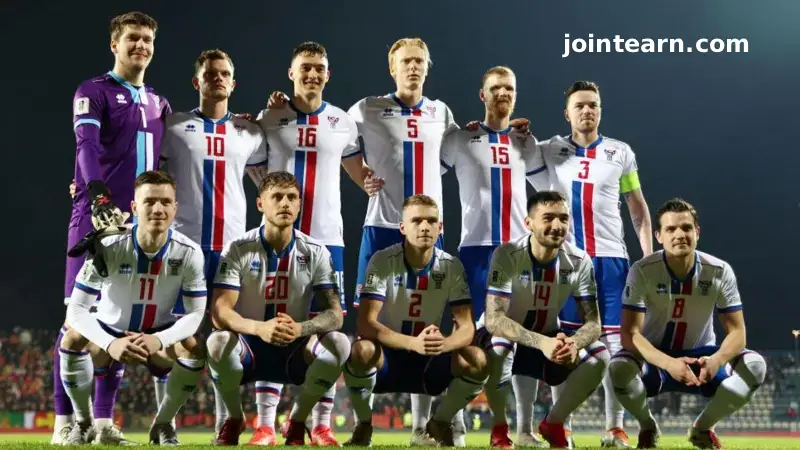
The Faroe Islands are capturing hearts worldwide with an unlikely run in World Cup qualifying, keeping alive their dream of reaching next summer’s finals despite being one of football’s smallest nations. With just one group match remaining, the 18-island North Atlantic archipelago between Iceland and Scotland has already achieved what was once unimaginable.
Unprecedented Success for the “Sheep Islands”
Before this campaign, the Faroe Islands had never won more than two matches in a single World Cup qualifying series. However, they have now triumphed in four of their past five games, including a stunning 2-1 victory over second-placed Czech Republic in October. Currently ranked 127th by FIFA out of 211 nations, the Faroese now face a complex set of permutations that could see them finish second in Group L and reach the play-offs in March.
To qualify, the Faroes must upset group leaders Croatia in their final match and hope Gibraltar avoids defeat against the Czech Republic. While statistically improbable—given Gibraltar’s historical zero points and Croatia’s dominant form—the Faroese players are embracing the challenge with remarkable optimism.
Veteran Leadership from Odmar Faero
At the heart of this campaign is 36-year-old central defender Odmar Faero, whose European club experience, including stints in Scotland with Keith and Forfar Athletic, brings invaluable leadership. Faero, whose father and grandfather also represented the national team, is the only Faroese player to reach 50 appearances in European competitions.
“The idea is just to keep riding the wave and see how far it carries us,” said Faero. “With the results recently, we believe we can go to Croatia and get three points.” Despite the odds, he remains realistic about Gibraltar’s chances: “I just don’t feel like Gibraltar are going to get any points, so it’s a bit of a lost cause, but we won’t let that affect our performance against Croatia.”
A Squad of Part-Timers Making History
What makes this story even more extraordinary is that most Faroese players are part-time footballers. Alongside full-time professionals like Hanus Sorensen and Martin Agnarsson, younger talents under 25 who play in Slovenia and Denmark, many national team members hold regular jobs.
Faero explains: “There’s always a few electricians, a few joiners. There’s a teacher, and even a CEO who sells pizzas! It’s not so different from a semi-professional team in England, but they give everything on the pitch.” This blend of semi-professional dedication and raw talent has helped the Faroes record their best-ever qualifying points tally of 12.
The “Faroese Way”
The team attributes their resurgence to having a Faroese coach, Eyoun Klakstein, only the second in history after replacing Swede Hakan Ericson in February. “Everything is happening in Faroese, and this is our national team,” says Faero. “We are going to die and bleed for this team. It’s a matter of patriotism and everything we do is the Faroese way.”
The Faroese approach emphasizes resilience and resourcefulness, shaped by life on a remote archipelago of 55,000 people. “Either you figure it out yourselves, or you die,” Faero explains. “We find our way to make it work because there is no other option.”
Can the Faroes Work a Miracle?
If the Faroe Islands achieve the near-impossible by qualifying for the World Cup, it would be a historic first and a testament to determination, teamwork, and national pride. While statistics may favor Croatia and the Czech Republic, this squad of part-timers, teachers, electricians, and young professionals are “riding the wave” and have already captured the imagination of football fans worldwide.


Leave a Reply